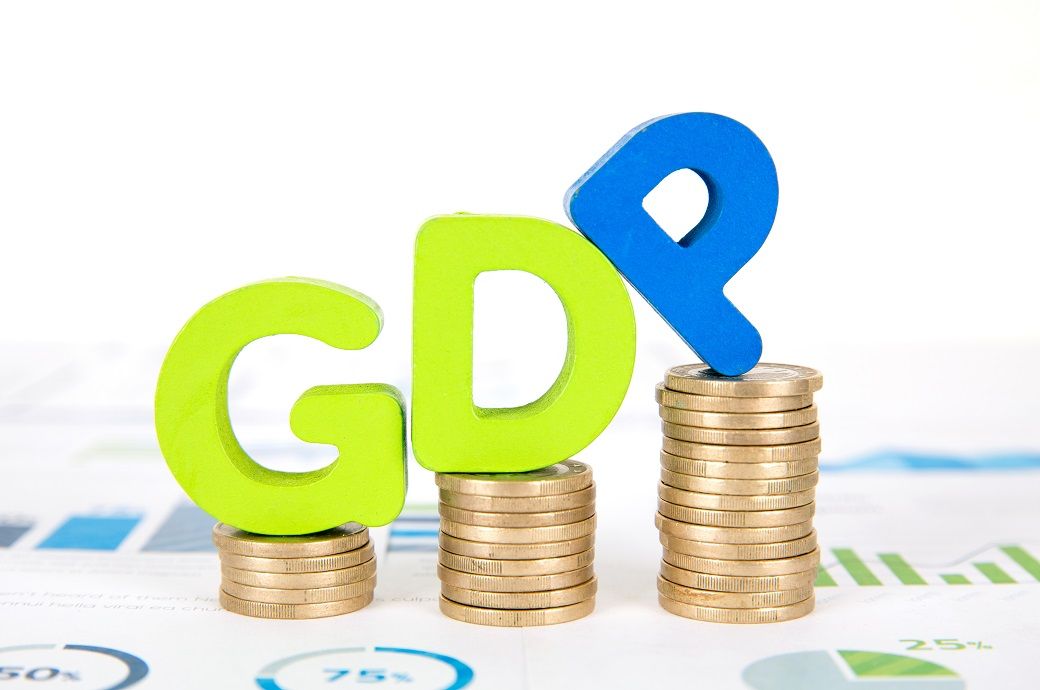
Over the past year, the euro area’s GDP rose by 0.6 per cent, while the EU saw a 0.8 per cent increase, showing slight improvements from the previous quarter.
Employment in the EU also grew, although modestly, with a 0.1 per cent increase over the same period, Eurostat said in a press release.
In comparison, the United States saw more robust GDP growth of 0.7 per cent in the second quarter, building on a 0.4 per cent increase in the first quarter. On an annual basis, US GDP surged by 3.1 per cent.
Within the EU, Poland led in GDP growth with a significant 1.5 per cent increase from the previous quarter, followed by Greece (+1.1 per cent) and the Netherlands (+1.0 per cent). In contrast, Ireland, Latvia, and Austria saw the largest declines, with GDP shrinking by 1.0 per cent, 0.9 per cent, and 0.4 per cent respectively.
Examining the components of GDP, household consumption remained stagnant in the euro area and slightly grew by 0.1 per cent in the EU. Government consumption, however, showed a stronger increase, rising by 0.6 per cent in the euro area and 0.7 per cent in the EU. Investment in fixed capital fell sharply by 2.2 per cent in the euro area and 1.8 per cent in the EU, while both exports and imports saw growth.
The overall contribution of household consumption to GDP growth was neutral, while government spending contributed positively. However, gross fixed capital formation had a negative impact on growth, with exports contributing significantly to the GDP gains in both the euro area and the EU.
ALCHEMPro News Desk (KD)
Receive daily prices and market insights straight to your inbox. Subscribe to AlchemPro Weekly!